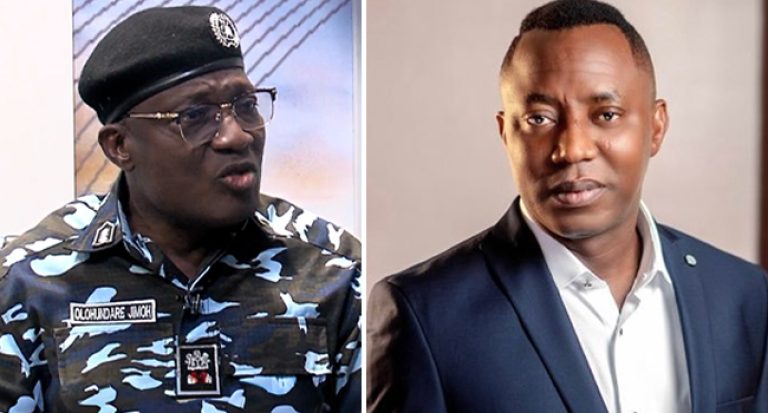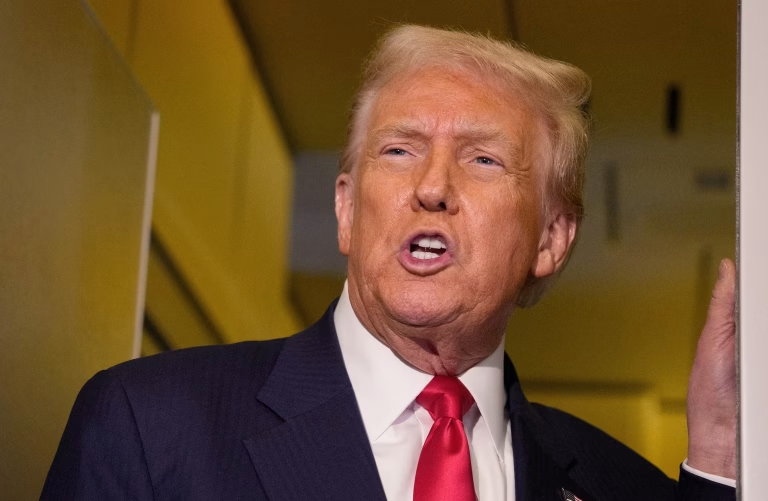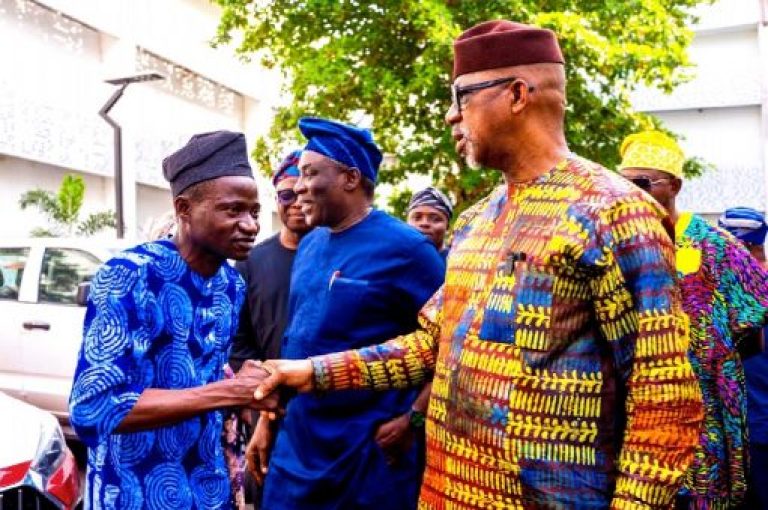
Former vice presidents Atiku Abubakar of the Peoples Democratic Party (PDP) and Peter Obi of the Labour Party (LP) have filed appeals challenging President Bola Tinubu’s election, and the Supreme Court is expected to rule on both cases today.
According to Daily Sun, this development comes after the highest court heard arguments for and against the appeals only 72 hours earlier.
On Wednesday, the court sent a notification signed by one of its registrars informing the parties of the upcoming judgement date.
The current statute gives the Supreme Court 60 days to consider the appeals and provide a ruling.
The appellants want the Supreme Court to reverse the Presidential Election Petition Court’s (PEPC) decision from September 6 dismissing their claim that the election was rigged in favour of the ruling party.
Both the runner-up, Atiku, and the third-place finisher, Obi, argued that President Tinubu was not legitimately elected since he did not receive a majority of the valid votes cast in the election.
All the respondents asked the court to reject the appeal and accept the judgement of the presidential election tribunal, which affirmed the proclamation of Tinubu as President. Atiku, represented by Chief Chris Uche, asked the court to allow their individual challenges and annul Tinubu’s election.
Atiku based his case on claims that the president submitted a fraudulent diploma from Chicago State University (CSU) to INEC ahead of the 25 February poll.
He claimed Mr. Tinubu’s eligibility to run for president rested on shaky ground because of questions surrounding a forged certificate of academic competence.
Atiku had attempted to obtain Tinubu’s academic records from the CSU through the courts before the PEPC’s ruling, but he was unsuccessful.
Atiku’s lead attorney attempted to submit the deposition of the university registrar and the academic records released by the university throughout the hearings.
The university strongly said in the deposition that Mr. Tinubu did graduate from the institution, but did not confirm or deny whether the copy of the certificate Mr. Tinubu gave to INEC was made by the university.
Mr. Uche wrote, “We are praying for an order of this honourable court seeking leave to bring additional evidence on appeal based on the depositions under oath from Chicago State University concerning the 2nd respondent (Mr. Tinubu).
He argued before the court that the certificate problem involving Tinubu is a “weighty, grave, and constitutional” subject.
The senior attorney claimed that the Supreme Court was obligated to examine Mr. Tinubu’s paperwork closely and make a decision free of legalistic considerations.
Chief Wole Olanipekun (SAN), lead counsel for the President, urged the Supreme Court to reject Atiku’s “very unusual application” to offer new evidence against Mr. Tinubu in his brief on the case.
He said that the newly uncovered evidence couldn’t be included because “the CSU depositions are dormant until the deponent comes to court and testifies.”
He mentioned that INEC really should have been invited at the US deposition.
Mr. Olanipekun argued that the statute of limitations for hearing and deciding election petitions is 180 days.
It’s off-limits. There is no way to change it. As a result, Atiku will be unable to present any new evidence to the Supreme Court. This application is out of this world. This argument is completely without merit. Our recommendation is that the court throw out the case. He emphasised that the courts must abide by the law and that the law must be understood literally.
Abubakar Mahmoud, a lawyer for INEC, argued against Atiku’s motion to submit Mr. Tinubu’s academic records.
A lawyer for the APC, Akin Olujinmi, also said that Atiku’s application was unfounded. It’s a misunderstanding, and we think the court should toss it. The Supreme Court will not accept any documents that have not been properly submitted to the lower court.
Livy Uzoukwu, Obi’s primary attorney, argued that the court should hear the appeal and overturn the September 6 judgement that upheld Mr. Tinubu’s victory.
Tinubu’s lawyer contended that Mr. Obi’s appeal was without merit and should be thrown out.
Similar arguments were made by APC’s legal team, which urged the court to sustain the (PEPC)’s judgement validating Mr. Tinubu’s election.
Obi, who placed in third place in the election, claimed in his 51 grounds of appeal that the PEPC panel made a legal mistake in dismissing his case.
When the panel ruled that he did not identify specific polling locations where irregularities occurred, he claimed that this was because they had improperly examined the information he presented to them.
In addition, Obi and the LP were critical of the PEPC for dismissing their case since they did not provide details on how many votes or how many points were changed to benefit President Tinubu and the APC.
Meanwhile, LP claimed it had provided new information to the highest court, giving it hope that its petitions would be granted.
Kehinde Edun, the country’s national legal adviser, recently told reporters in Abuja that parties appealing a tribunal decision are free to provide whatever fresh material they deem relevant.
throughout light of the LP’s victory, he said, the party expected widespread celebration throughout Nigeria today.
Because victory is what justice requires and what the people of Nigeria want, we anticipate nothing less.
We have brought new facts and evidence to the court of appeal despite all the claims that no new evidence can be presented at the appeals level, therefore we are not giving up hope. To what statute do you point out that you cannot introduce new evidence in an appeal?
“If something has happened and you’re seeking redress, you have the right to present all relevant evidence before the court while there’s still time to do so. Therefore, the Labour Party and the Nigerian people can expect a triumph. We anticipate widespread celebration throughout Nigeria,” he said.







